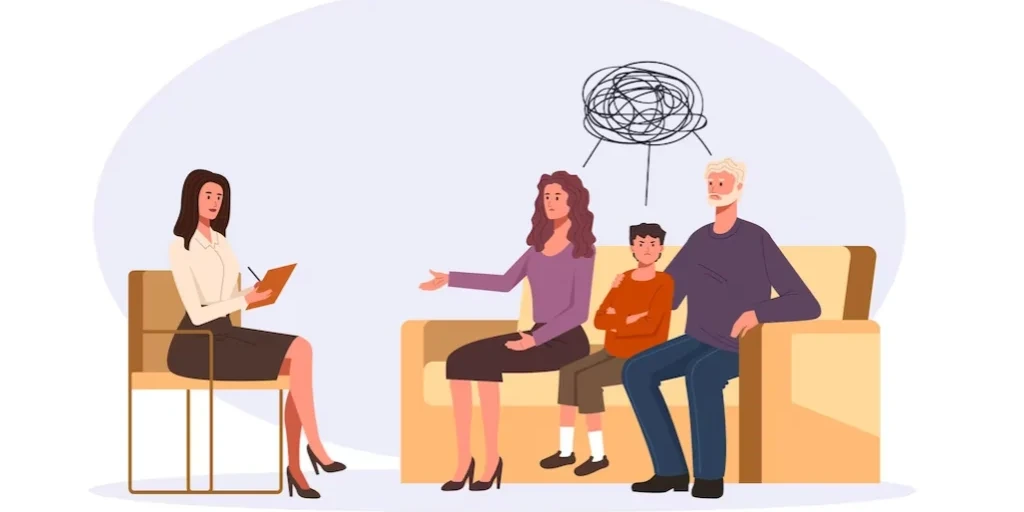24/7 Helpline:
(866) 899-221924/7 Helpline:
(866) 899-2219
Learn more about Eating Disorder Treatment centers in Scottsville
Eating Disorder Treatment in Other Cities

Other Insurance Options

Optima

American Behavioral

WellPoint

EmblemHealth

Lucent

Private insurance

UMR

CareSource

Amerigroup

Excellus

United Health Care

GEHA

ComPsych

Health Choice

CareFirst

Anthem

Ceridian

UnitedHealth Group

Aetna

Regence


























































































































Region Ten Community Services Board – Crozet
Region Ten Community Services Board is a non-profit rehab located in Crozet, VA. Region Ten Communit...







































































